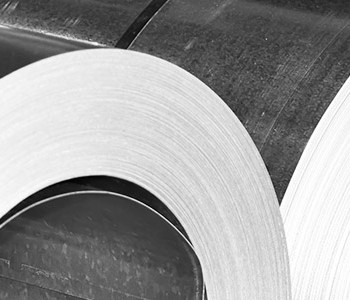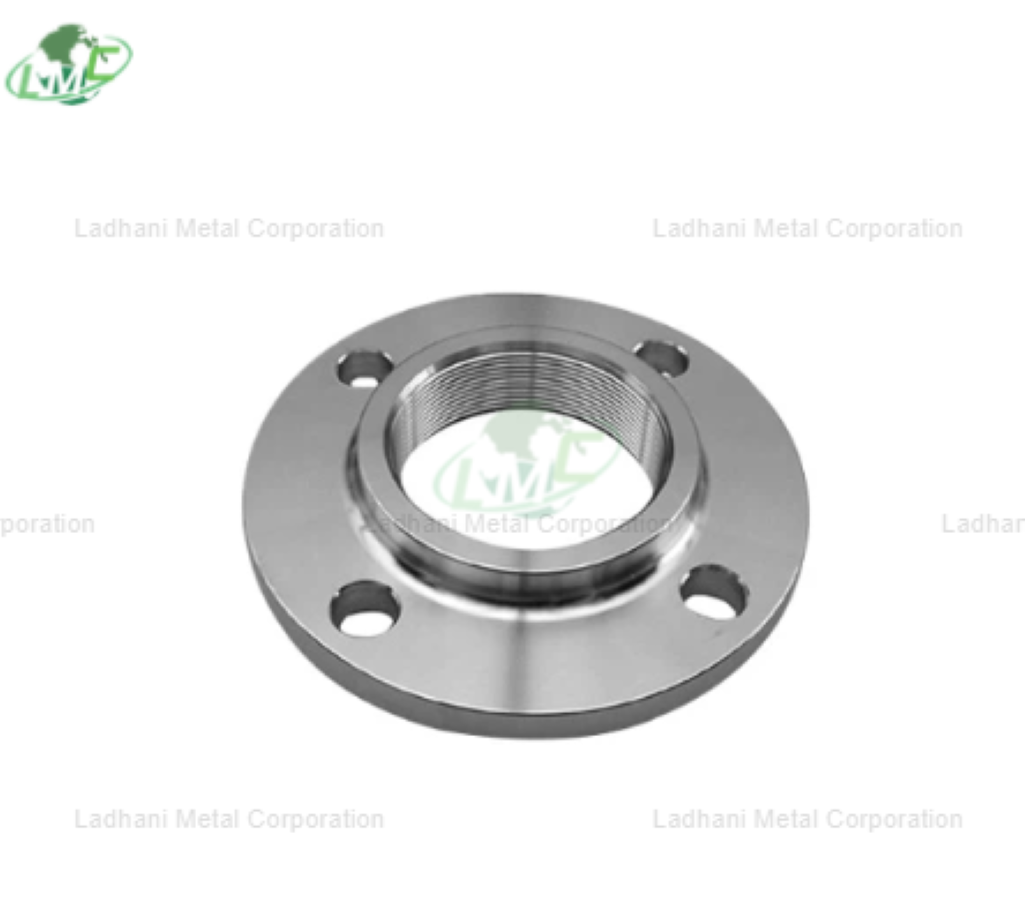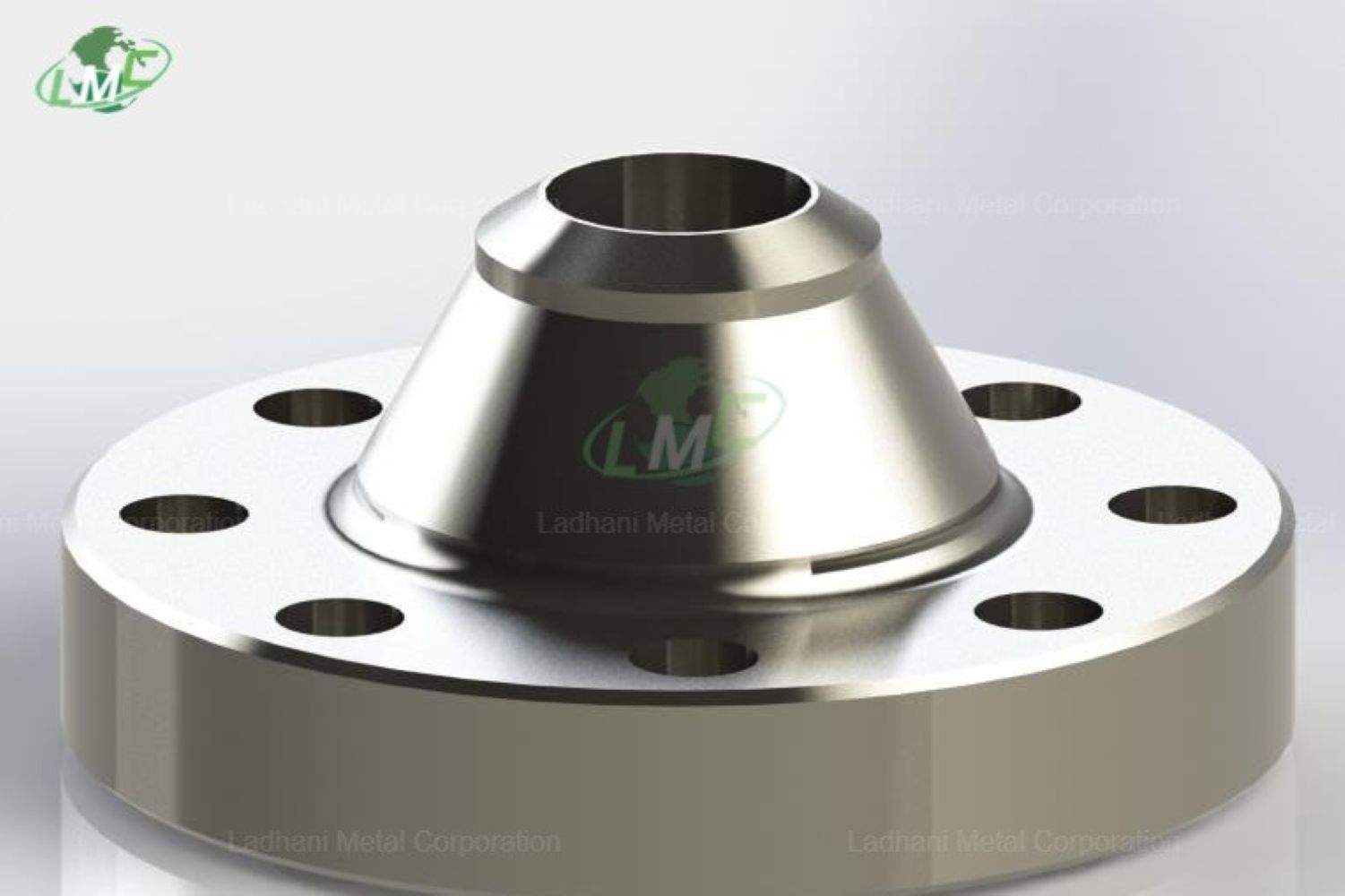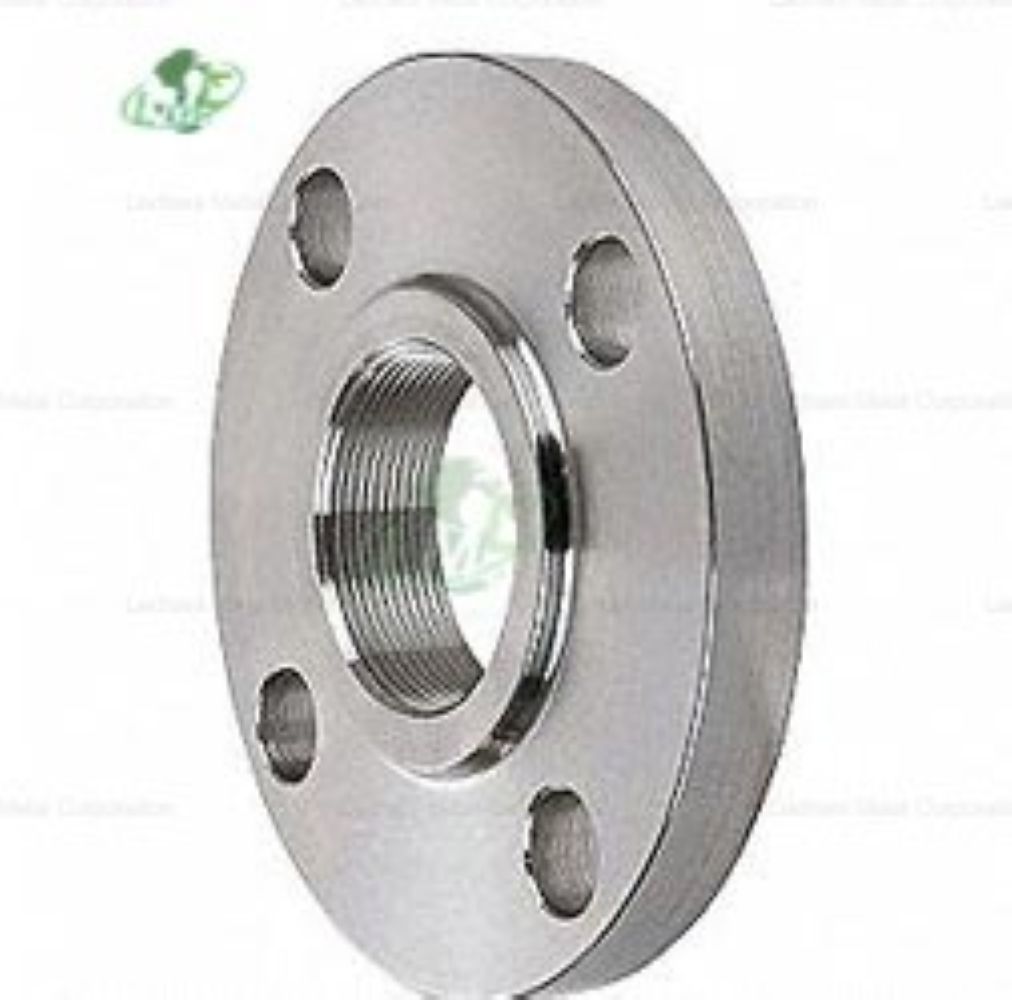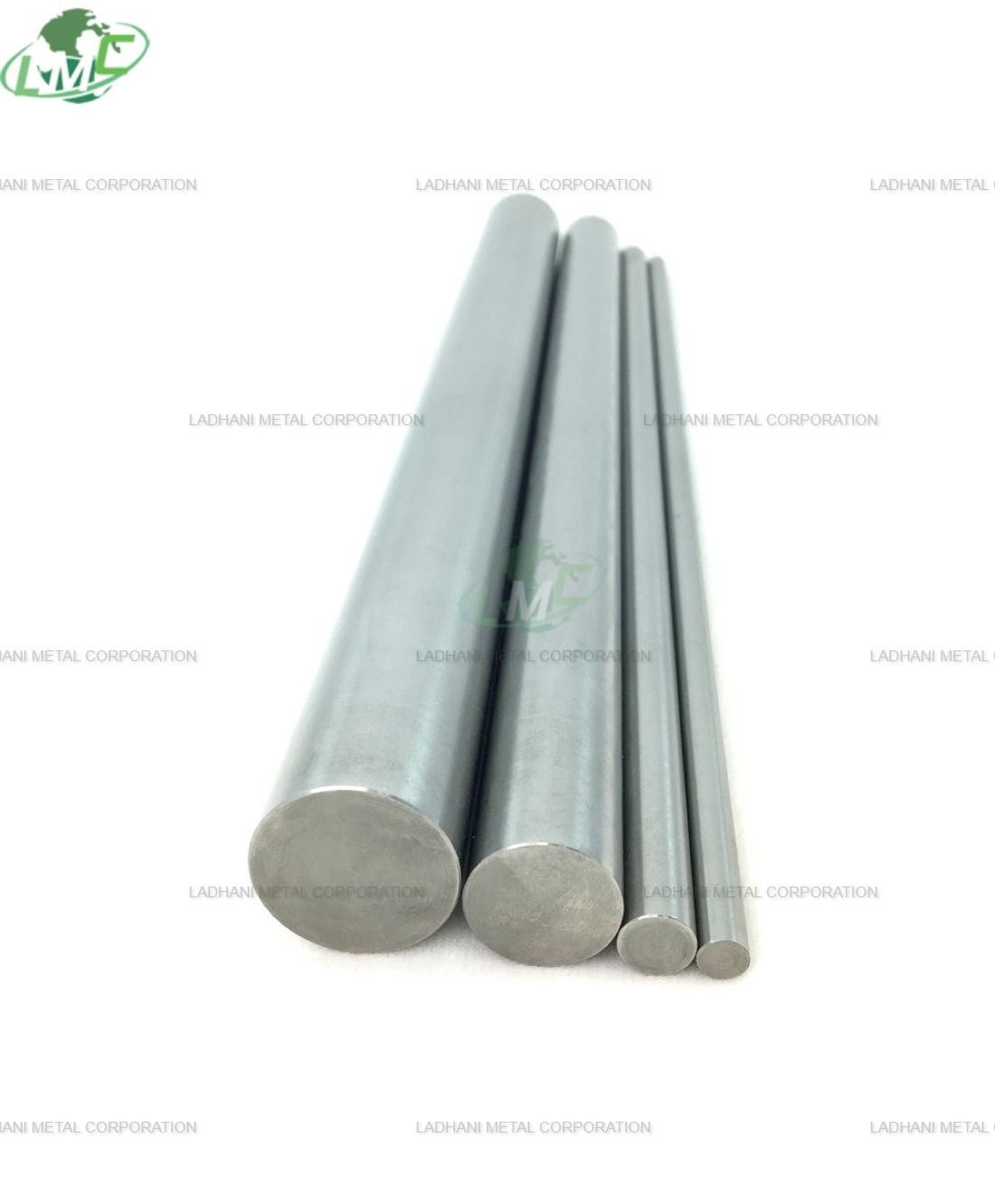Distributor & High Volume Supplier CP Titanium – Commercially Pure Titanium Titanium CP4 – Grade 1 Commercially Pure Titanium Grade 1 is the softest titanium and has the highest ductility. It has good cold forming characteristics and provides excellent corrosion resistance. It also has excellent welding properties and high impact toughness. Applications Architecture, Automotive Desalination, Dimensional Stable Anodes, Medical, Marine, Processing & Chlorate Manufacturing Standards ASME SB-363, ASME SB-381, ASME SB-337, ASME SB-338, ASME SB-348, ASTM F-67, ASME SB-265, ASME SB-337, ASME SB-338 Forms Available Bar, Flanges, Forgings, Sheet, Welding Wire Titanium CP3 – Grade 2 Commercially Pure Titanium Grade 2 has moderate strength and excellent cold forming properties. It provides excellent welding properties and has excellent resistance to oxidation and corrosion. Applications Aerospace, Automotive, Chemical Processing & Chlorate Manufacturing, Desalination, Architecture, Hydro Carbon Processing, Marine, Medical, Power Generation Standards ASME SB-363, ASME SB-381, ASME SB-337, ASME SB-338, ASME SB-348, ASTM F-67, AMS 4921, ASME SB-265, AMS 4902, ASME SB-337, ASME SB-338, AMS 4942 Forms Available Bar, Fittings, Flanges, Forgings, Pipe, Plate, Sheet, Tube, Welding Wire, Wire Titanium CP2 – Grade 3 Commercially Pure Titanium Grade 3 is stronger and less formable than Titanium Grades 1 and 2. It is used in Aerospace and industrial applications that require moderate strength. Grade 3 titanium has excellent corrosion resistance. Applications Aerospace, Architecture, Automotive, Chemical Processing & Chlorate Manufacturing, Desalination, Hydro Carbon Processing, Marine, Medical, Power Generation, Standards ASME SB-363, ASME SB-381, ASME SB-337, ASME SB-338, ASME SB-348, ASTM F-67, AMS 4921, ASME SB-265, AMS 4902, ASME SB-337, ASME SB-338, AMS 4942 Forms Available Bar, Fittings, Flanges, Forgings, Pipe, Plate, Sheet, Tube, Welding Wire, Wire Titanium CP1 – Grade 4 Commercially Pure Titanium Grade 4 is stronger than CP Grades 2 & 3 – it can be cold formed, but has lower ductility. It has excellent corrosion resistance in a wide variety of environments. Grade 4 titanium is commonly used in Aerospace, Industrial and Medical applications where high strength is needed. Applications Aerospace, Chemical process, Industrial, Marine, Medical Standards ASME SB-363, ASME SB-381, ASME SB-337, ASME SB-348, ASTM F-67, AMS 4921, ASME SB-265, AMS 4901, ASME SB-338 Forms Available Bar, Forgings, Sheet, Welding Wire, Wire Titanium Grade 7 Titanium Grade 7 has physical and mechanical properties equivalent to CP3 titanium or Grade 2. It has excellent welding and fabrication properties and is extremely resistant to corrosion especially from reducing acids. Applications Chemical Processing, Desalination, Power generation Standards ASME SB-363, ASME SB-381, ASME SB-337, ASME SB-338, ASME SB-348, ASME SB-265, ASME SB-337, ASME SB-338, Forms Available Bar, Forgings, Plate, Sheet, Tube, Welding Wire, Wire Titanium Grade 11 – CP Ti-0.15Pd Titanium Grade 11 is highly resistant to corrosion has similar physical and mechanical properties to Titanium CP Grade 2. Applications Chemical processing, Desalination Power generation, Industrial Standards ASME SB-338 Forms Available Tube Titanium Based Alloys Titanium Grade 5 – Titanium 6Al-4V Titanium Grade 5 alloy is the most commercially available of all titanium alloys. It offers an excellent combination of high strength and toughness. Grade 5 titanium has good welding and fabrication characteristics. Applications Aerospace, Chemical Processing, Marine, Medical Standards ASME SB-265, AMS 4911, ASME SB-348, AMS 4928, AMS 4965, AMS 4967 Forms Available Titanium Grade 6 – Titanium 5Al-2.5Sn Titanium Grade 6 alloy offers good weldability, stability and strength at elevated temperatures. Applications Aerospace Standards ASME SB-381, AMS 4966, MIL-T-9046, MIL-T-9047, ASME SB-348, AMS 4976, AMS 4956, ASME SB-265, AMS 4910, AMS 4926 Forms Available Bar, Forgings Plate, Sheet, Wire Titanium Grade 9 – Titanium 3Al-2.5V Titanium Grade 9 has medium strength that falls between Grade 4 and Grade 5. It has excellent corrosion resistance and is used in Aerospace and Industrial applications. Grade 9 Titanium can be used at higher temperatures than Grades 1 through 4. Grade 9 titanium has good cold rolling properties. Applications Aerospace, Automotive, Chemical processing, Consumer applications, Marine, Medical, Transportation Standards AMS 4943, AMS 4944, ASME SB-338 Forms Available Bar, Forgings Plate, Sheet, Wire Titanium Grade 12 – Ti-0.3-Mo-0.8Ni This Titanium Grade 12 alloy is similar to Titanium Grades 2 and 3 except that Titanium Grade 12 has 0.3% molybdenum and 0.8% nickel. This offers enhanced corrosion resistance. Applications Chemical processing, Desalination, Power generation, Industrial Standards ASME SB-338 Forms Available Tube Titanium Grade 19 – Titanium Beta C Titanium Grade 19 has very high strength and can be heat treated. It offers good resistance to stress and corrosion. Applications Aerospace Automobile Standards MIL-T-9046, MIL-T-9047, ASME SB-348, AMS 4957, AMS 4958, ASME SB-265 Titanium Grade 23 – Titanium 6Al-4V ELI Titanium Grade 23 is similar to Grade 5 but has lower oxygen, nitrogen and iron. It has better ductility and fracture toughness than Titanium Grade 5. Applications Aerospace, Chemical Processing, Marine, Medical Standards AMS 4911, AMS 4928, AMS 4930, AMS 4931, AMS 4935, AMS 4965, AMS 4967, AMS 4985, AMS 4991, MIL -T-9046, MIL -T-9047, BSTA 10,11,12, BSTA 28,56,59, DIN 3.7165, AMS 4907 ELI, AMS 4930 ELI, AMS 4956 ELI, ASTM F136 ELI, UNS R56407 Forms Available Bar, Forgings, Plate, Sheet, Welding Wire, Wire Titanium 6Al-6V-2Sn – Titanium 6-6-2 Titanium 6-2-4-2 has excellent strength, stability, and creep resistance to temperatures as high as 550 °C. Applications Gas, Turbine Compressor Engine afterburner, Aerospace Standards AMS 4919, AMS 4952, AMS 4975, DIN 3.7164, GE B50 TF22, GE B50TF21, GE B50TF22, GE C50TF7, MIL F-83142, MIL T-9046, MIL T-9047, PWA 1220, UNS R54620 Forms Available Bar, Plate, Sheet Titanium 6Al-2Sn-4Zr-2Mo – Titanium 6-2-4-2 Titanium 6Al-6V-2Sn is a two-phase, Alpha Beta Alloy. It is usually used in the annealed or solution treated and aged conditions. It’s a heat treatable, high strength alloy with lower toughness and ductility than Titanium Grade 5 (6Al-4V) and it’s difficult to weld. Cold forming of Titanium 6Al-6V-2Sn is difficult because of its high strength and the large amount of spring-back that results. This grade can be welded by the inert gas shielded, fusion welding process but the heat effected area will have less ductility and toughness than the parent material. The hardness of Titanium 6-6-2 is approximately Rockwell C 36-38. This grade is primarily used for airframe and jet engine parts, rocket engine cases and ordinance components. Please call us to determine our minimum item quantity. Applications Airframe Components, Jet Engine Parts, Ordinance Components, Rocket Engine Cases Standards AMS 4981, MIL-T-9047, Forms Available Bar, Wire Sheet, Plate, Forgings, Fittings, Flanges, Seamless Pipe, Seamless Tube, Welded Pipe, Welded Tube Titanium 6Al-2Sn-4Zr-6Mo – Titanium 6-2-4-6 Titanium 6Al-2Sn-4Zr-6Mo is an Alpha-Beta Alloy and it’s generally regarded as the workhorse alloy of the titanium industry. The alloy is fully heat-treatable in section sizes up to one inch and is used up to approximately 400°C (750°F). Since it is one of the most commonly used alloys (over 70% of all alloy grades melted are a sub-grade of Ti-6-4,) its uses span many aerospace engine and airframe components. Titanium 6Al-2Sn-4Zr-6Mo is also used in lots of non-aerospace applications such as marine, offshore and power generation industries. This Alpha-Beta Alloy combines good corrosion resistance and strength with weldability and fabricability. The alloy is generally available in bar form and it’s typically used in deep sour well applications. This alloy can be hot or cold formed. Please call us to determine our minimum item quantity. Applications Aerospace Engines, Airframe Components, Marine Applications, Offshore Applications, Power Generation Applications Standards AMS 4981 Forms Available Bar, Plate, Sheet Titanium 8Al-1Mo-1V – Titanium 8-1-1 Titanium 8Al-1Mo-1V is a near Alpha Alloy that was primarily designed for use at elevated temperatures – up to 455 degrees centigrade. It offers the highest modulus and lowest density of all Titanium alloys. It has good creep strength and it’s weldable by the inert gas fusion and resistance-welding processes. Titanium 8Al-1Mo-1V is used in the annealed condition for such applications as airframe and jet engine parts that demand high strength, superior creep resistance and a good stiffness-to-density ratio. The machinability of this grade is similar to that of Titanium 6Al-4V. Please call us to determine our minimum item quantity. Applications Airframe Parts, Jet Engine Parts Standards MIL-T-9046, MIL-T-9047, AMS 4972, AMS 4915, AMS 4973, AMS 4955, AMS 4916 Forms Available Forgings, Bar, Sheet, Plate, Strip, Extrusions, Wire Titanium 10V-2Fe-3Al Titanium 10V-2Fe-3Al is a Titanium Beta Alloy. It is harder and stronger than many titanium alloys. This Titanium is a heat treatable alloy, it’s weldable and it’s easily formed. Titanium 10V-2Fe-3Al is an all Beta Alloy and is more difficult to machine than most titanium alloys. The chief problems include flank wear, spring-back and chip control. Because of these characteristics, positive rake chip grooves in combination with light hones on the cutting edge are advantageous. Please call us to determine our minimum item quantity. Applications Airframe Components, Compressor Blades, Disks, Wheels and Spacers Standards AMS 4983, AMS 4984, AMS 4986, AMS 4987 Forms Available Bar, Forgings, Plate, Sheet, Seamless Pipe, Seamless Tube, Welded Pipe, Welded Tube, Wire Titanium 15V-3Cr-3Sn-3Al This Metastable-Beta Alloy is used primarily in sheet metal form. It is age-hardenable and highly cold-formable. Titanium 15V-3-3-3 is often used to replace hot-formed Titanium Grade 5 (6Al-4V) sheet. It can also be produced as foil and is an excellent alloy for castings. For aerospace applications, this grade is often specified as AMS 4914. Please call to determine the minimum item quantity. Applications Aerospace Tank Applications, Airframe Applications, Castings, Fasteners High Strength Hydraulic Tubing Standards AMS 4914, ASTM B265 Forms Available Sheet, Foil Titanium Alpha Alloys Commercially pure titanium and alpha alloys of titanium are non-heat treatable and have very good welding characteristics. Applications Cryogenic applications, Airplane parts, Chemical processing equipment Standards AMS 4973, AMS 4976, AMS 4924, AMS 4972, MIL-T-9047, AMS 4910, ASTM B265, GR-6 MIL-T9046, AMS 4909, AMS 4915/4916, AMS 4966, AMS 4924, AMS 4973, AMS 4933, MIL-T-81556A A-1, MIL-T-81556A A-2, MIL-T-81556A A-4 Forms Available Bar, Forgings, Plate, Sheet Extrusions Titanium Beta Alloys Titanium Beta or near Beta Alloys are: Fully heat treatable Generally weldable Capable of high strengths Possess good creep resistance up to intermediate temperatures In the solution treated condition, excellent formability can be expected from Beta Alloys Titanium Beta Alloys are ideal for sporing applications. Common Titanium Beta Alloys include: Ti3Al8V6Cr4Mo4Zr ASTM Grade 19 Ti-3Al-8V-6Cr-4Mo-4Zr AMS 4983, 4984, 4987 Ti-10V-2Fe-3Al ASTM Grade 21 Ti-15Mo-3Nb-3Al-2Si AMS 4914 Ti-15V-3Cr-3Sn-3Al The Metastable Titanium Beta Alloys are heat treatable by solution treatment and ageing. Fully stable beta alloys can only be annealed. Applications Aerospace, Standards AMS 4914, AMS 4983, AMS 4984, AMS 4987, ASTM Grade 19, ASTM Grade 21 Forms Available Forgings Titanium Alpha-Beta Alloys Titanium Alpha Beta alloys are heat treatable and most of them are also weldable. The typical properties of Titanium Alpha Beta Alloys are: Medium to high strength levels; High temperature creep strength is not as less than most alpha alloys; Limited cold forming but hot forming qualities are normally good; The most commonly used Titanium Alpha Beta Alloy is Ti 6Al-4V. Titanium 6Al-4V has been developed in many variations of the basic formulation for numerous and widely differing applications. Other Titanium Alpha Beta Alloys include: 6Al-4V-ELI 6Al-6V-2Sn 6Al-2Sn-4Zr-2Mo 3Al-2.5V 8Mn Applications Aircraft and aircraft turbine parts, Chemical processing equipment, Marine hardware, Prosthetic devices Standards ASME SB-265, AMS 4911, ASME SB-348, AMS 4928, AMS 4965, AMS 4967, AMS 4981, MIL-T-9047, AMS 4930, AMS 4971, AMS 4907, ASTM F 136, MIL-T-9046, AMS 4918, DMS1879/2237, AMS 4908, AMS 4943, ASTM B348, AMS 4975, MIL-T-9047 G, AMS 4928, BMS 7-348, DMS 1570, AMS 4976, AMS 4920, AMS 4934 Forms Available Bar, Fittings, Flanges, Forgings, Pipe, Plate, Sheet, Tube, Wire Titanium Metals Titanium Specifications Titanium Grades CP4 – Grade 1 CP3- Grade 2 Titanium CP2 – Grade 3 CP1 – Grade 4 Grade 7 Grade 11 – CP Ti-0.15Pd Grade 5 – Titanium 6Al-4V Grade 6 – Titanium 5Al-2.5Sn Grade 9 – Titanium 3Al-2.5V Grade 12 – Ti-0.3-Mo-0.8Ni Grade 19 – Titanium Beta C Grade 23 – Titanium 6Al-4V ELI 6Al-6V-2Sn 6Al-2Sn-4Zr-2Mo 6Al-2Sn-4Zr-6Mo 8Al-1Mo-1V 10V-2Fe-3Al 15V-3Cr-3Sn-3Al Alpha Alloys Beta Alloys Alpha-Beta Alloys Titanium Dioxide TiO2 Titanium Applications Titanium Sheets Titanium Plates Titanium Wire Titanium Tubes & Tubing Titanium Round Bar Titanium Pipe We stock and sell Commercially Pure Titanium and Titanium Alloys in a broad range of forms and sizes. We can deliver production quantities in 90-120 days. close Request A Quote close Home Services Industries Resources About Contact Blog RFQ Sitemap
Send Message
